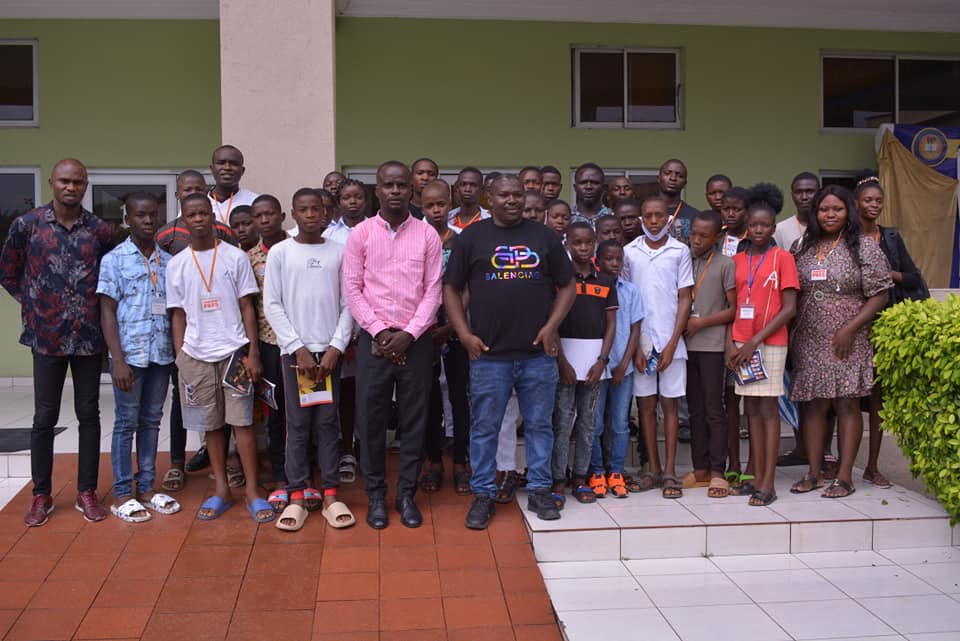Of India’s 10 SaaS unicorns, six reached that milestone in 2,020 and investors around the world are paying attention. Last year, investors pumped $1.5 billion into Indian SaaS companies, four times more than in 2018 or 2,019 according to the SaaSBoomi report.
More than two decades ago, India began its transformation into a global IT powerhouse, ushering in an era of wealth and job creation never before seen in the country.
Now, Asia’s third largest economy is ready for the next big frontier in tech: Coming up with a new generation of software companies like Zoom or Slack.
The Covid-19 pandemic has forced business around the world to make huge investments in digital infrastructure, furthering the influence of companies providing software-as-a-service, or SaaS. Businesses spent an extra $15 billion per week last year on tech as they scrambled to create safe remote working environments, according to a KPMG survey.




